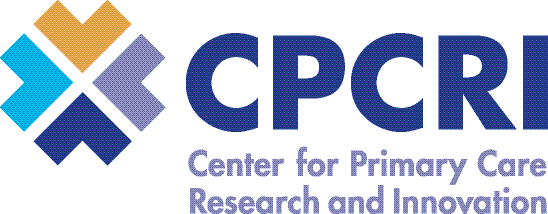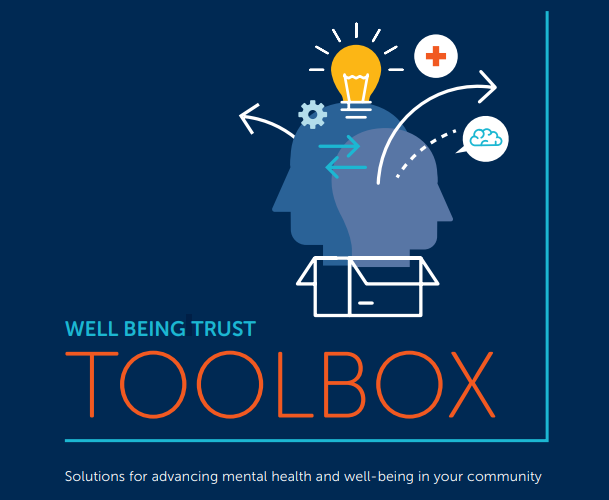Toolkits
Toolkits synthesize evidence into a digestible and actionable format.
We’ll continue to update this page with more toolkits highlighting primary care evidence.
Guide to Implementing Social Risk Screening and Referral-Making
Adverse social determinants of health – referred to in this guide as social risks – include contextual factors such as food, transportation, and housing instability, and social isolation. Collecting information on these risks can help ambulatory care teams understand and address how these factors impact their patients’ health.
This pragmatic guide will help your clinic implement social risk screening and (if desired) referral-making, or improve your current practices. It is meant to be used by any primary / ambulatory care staff interested in implementing social risk screening and referral-making. This guide uses a five-step roadmap for implementing or improving social risk screening and related activities at your clinic. It provides tools and materials to support each step, and a list of useful resources.
Outpatient Clinic-Based Administration of COVID-19 Vaccines: Implementation Toolkit
Community-Based Administration of COVID-19 Vaccines: Implementation Toolkit
Well Being Trust Tool Bank

The Well Being Trust Tool Bank begins to build a bank of tools that can be used by grantees, staff, and other health system programs to enhance their approach to learning, assessment and planning of implementation programs and initiatives. As a resource for measuring implementation readiness, progress, and sustainability, each tool details who the resource is designed for as well as why and how to use it.
Dissemination & Implementation of evidence-based mental health and well-being strategies: The Well Being Trust Toolbox
The Well Being Trust Toolbox equips community leaders and decision makers with solutions and resources for improving mental health and well-being outcomes in their organizations and communities. The Toolbox is designed for health sector leaders (providers, payers, purchasers) as well as policymakers, philanthropy and community leaders. OHSU and Well Being Trust partners assembled evidence and tools to support organizations’ change process focused on a variety of issues, from integrating behavioral and physical health care with social needs to preventing suicide in youth and adults.

